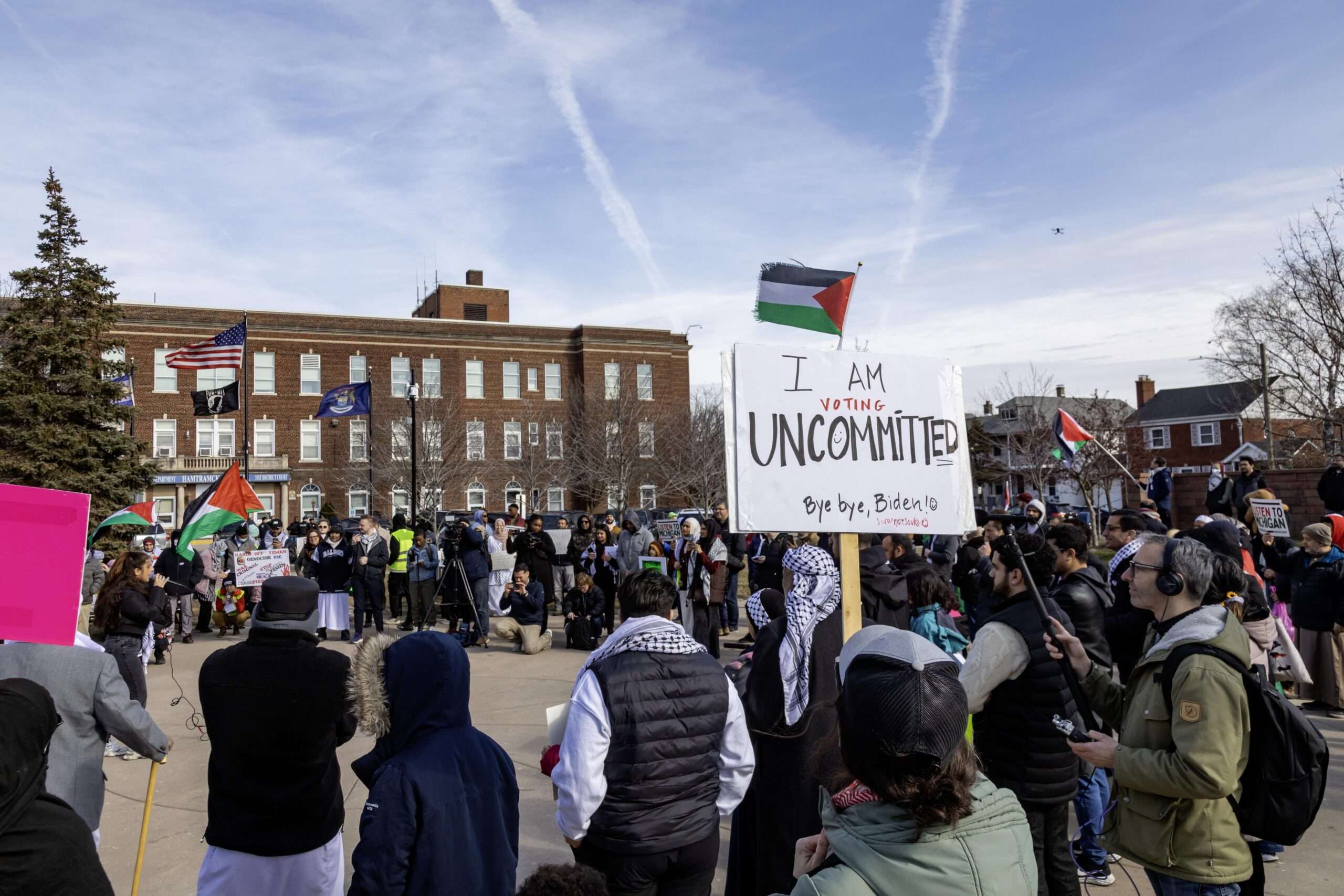Democratic Overconfidence Explodes in Michigan
In the recent political landscape, Vice President Kamala Harris seemingly underestimated the importance of Michigan’s Middle Eastern communities, a demographic with significant populations of Iraqi, Lebanese, and Palestinian-Americans. During her campaign, she emphasized the support of former Vice President Dick Cheney, a figure whose association with the conflicts in Iraq raised eyebrows among these voters. Furthermore, the endorsement of his daughter, Liz Cheney, who is also known for her neoconservative views, contributed to the unease. In a state where the current political climate is highly contentious, especially regarding foreign policy, Harris’s decision to align herself with such figures was viewed as a misstep, signaling to the Arab-American community that their concerns might be secondary.
The Middle Eastern communities in Michigan, which include around 211,405 Arab-Americans and 241,828 Muslims, are significant players in the electoral process, representing more than 2 percent of the state’s population. The Uncommitted movement, comprising about 100,000 dissatisfied Democrats, served as a warning to the Democratic leadership that a symbolic acknowledgment of Palestinian rights was necessary to secure their votes. Despite these concerns, the party leadership dismissed the notion that Middle Eastern foreign policy would resonate with voters. This underestimation became evident when Donald Trump garnered about 42 percent of the vote in Dearborn, an area with a predominantly Arab demographic, a stark decline compared to Biden’s 74 percent support in the 2020 election.
Throughout the election cycle, Muslim and Arab-American figures highlighted the significance of foreign policy issues as pivotal for their communities. Trump’s outreach efforts, particularly his engagement with local leaders such as Abdullah Hammoud, the Democratic mayor of Dearborn, proved effective. Hammoud’s reluctance to endorse either candidate reflects the disillusionment within these communities, especially regarding Trump’s pro-Israel stance and the Biden administration’s backing of Israeli military actions. His criticism extended to the Harris campaign, notably for sending figures like Cheney and Clinton to speak in Michigan, which some perceived as lacking sensitivity to their struggles.
Former President Bill Clinton’s remarks during a campaign event were particularly controversial among Arab and Muslim residents. While he initially acknowledged the pain caused by conflicts, his subsequent comments about Israeli claims to land in “Judea and Samaria” (a term reflecting a pro-Israel narrative) alienated many voters. Clinton’s rhetoric implied a dismissal of the valid grievances held by Palestinians and their supporters, further alienating those who might have otherwise leaned Democratic. In contrast, Trump approached these voters with a direct appeal, advocating for an end to perpetual wars and attempting to gain their support by recognizing their desires for peace and security in the Middle East.
In response to the growing backlash against her campaign’s messaging, Harris made an attempt at damage control shortly before the election. She rallied alongside Arab-American leaders, promising to advocate for the end of conflicts in Gaza while ensuring the dignity and rights of Palestinians were addressed. Despite her assurances, the damage seemed to be done; Trump’s support in the predominantly Arab neighborhood of Dearborn showcased the consequences of a misaligned campaign and a failure to navigate the complexities of Middle Eastern politics.
As the election outcomes unfolded, Trump led the voting in Michigan by over 93,000 votes, reflecting a striking shift in Arab-American support that might have significant implications for future elections. This shift underscores how foreign policy dynamics in presidential campaigns are evolving, suggesting that the electorate is no longer swayed solely by traditional hawkish stances. Both major political parties must acknowledge and address the political costs associated with war and international conflict. The changing narrative signifies a broader expectation among voters, particularly within the Arab-American community, that their voices and experiences must be included in the political discourse.
Share this content:












Post Comment